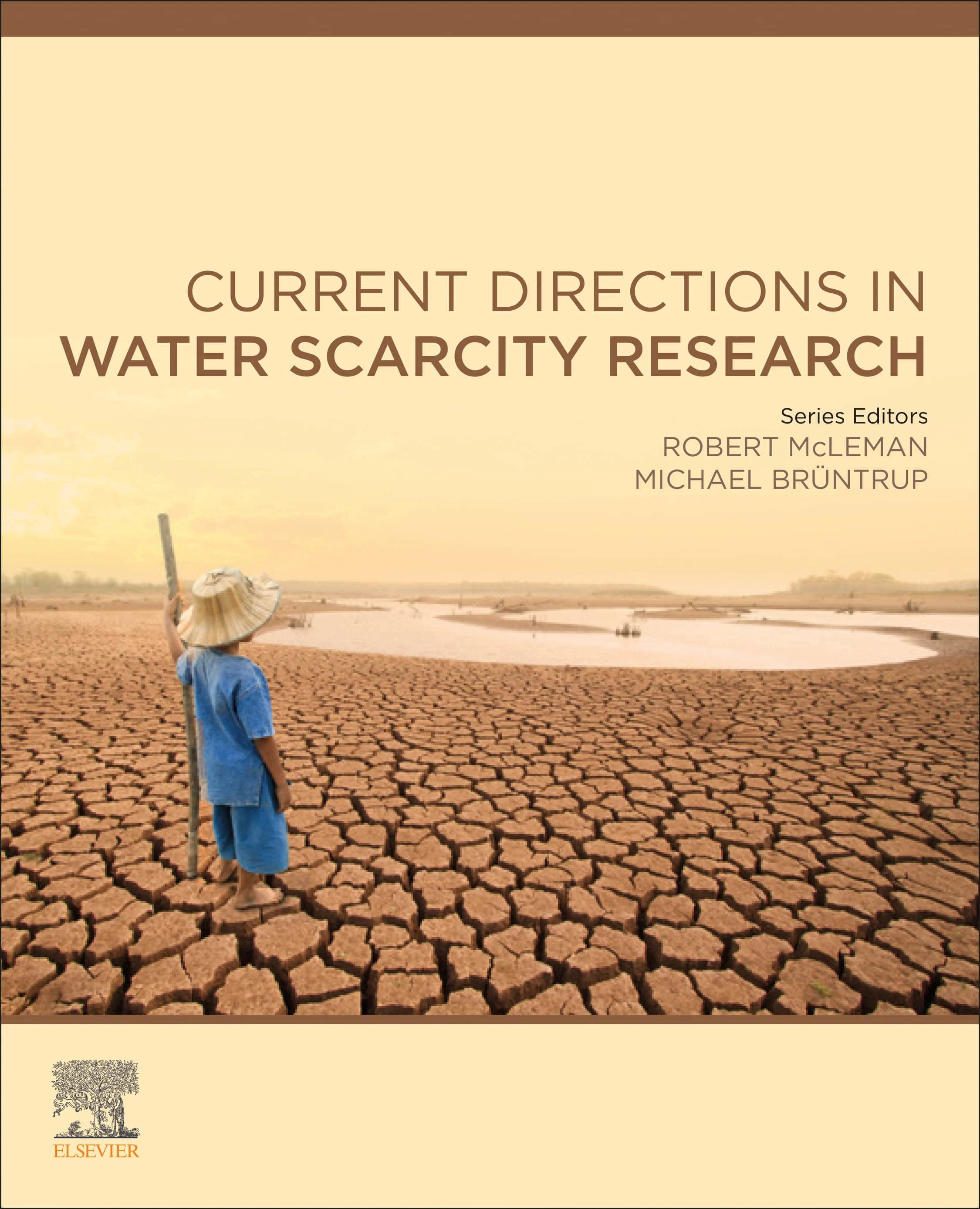Current Directions in Water Scarcity Research
Aim & scope
Current Directions in Water Scarcity Research is a book series that provides a wide-ranging collection of volumes that represent the current ‘state of the science’ in water scarcity research. These volumes span the key physical, environmental, and human dimensions of water scarcity, from known scholars and innovative young researchers in the natural and social sciences. The collection includes monographs from leading experts and edited thematic and regional compilations of established and emerging researchers from developed and developing regions. While there are other water research-related books on the market, this series is distinctive in that it:
Focuses deliberately on the question of water scarcity, a rapidly evolving subject with a growing profile not only in academia but in international public policy circles as well
Creates a ‘one-stop shop’ for individual researchers and for libraries at universities, research centers, public policy institutes, government agencies and multilateral/multinational organizations seeking to acquire representative collections the most current high-quality research on water scarcity issues.

The series covers a wide range of topics under the broad theme of physical, ecological, and human dimensions of water scarcity. The distinctiveness of the series and its approach is a mix of subject topics that provide breadth and depth in terms of technical expertise on water scarcity research unrivalled in academic publishing.
Audience
This series appeals to researchers and instructors of post graduate courses in the natural sciences, in areas such as aquatic ecology, biogeochemistry, hydrology, physical geography, environmental science, natural hazards, and agronomy. Volumes on management and socio-ecological dimensions of water scarcity are useful to a similar type and level of audience in fields such as resource management, environmental studies, environmental economics, human geography, international development, and related sub-disciplines within other fields; moreover, multi-lateral organizations, government agencies, NGOs and similar non-academic audiences interested in cross-cutting books within the series that look at the political, economic and legal dimensions of water scarcity, as well as food security, sanitation linkages, and so forth. Examples of non-academic audiences are UN agencies such as UNEP, UNDP, UNCCD, FAO, and UNHCR, multilaterals like World Bank, IOM and ICRC and various regional development agencies and advocacy groups (e.g., WorldWatch Institute) and others that are interested in acquiring regional or thematic titles for reference purposes.
Publish a book with Elsevier
Series Editor

RM
Robert McLeman
Professor
Department of Geography & Environmental Studies Wilfrid Laurier University, Waterloo, Canada
Read more about Robert McLeman
MB
Michael Brüntrup
Senior Researcher
German Institute of Development and Sustainability
Read more about Michael BrüntrupCurrent Directions in Water Scarcity Research
